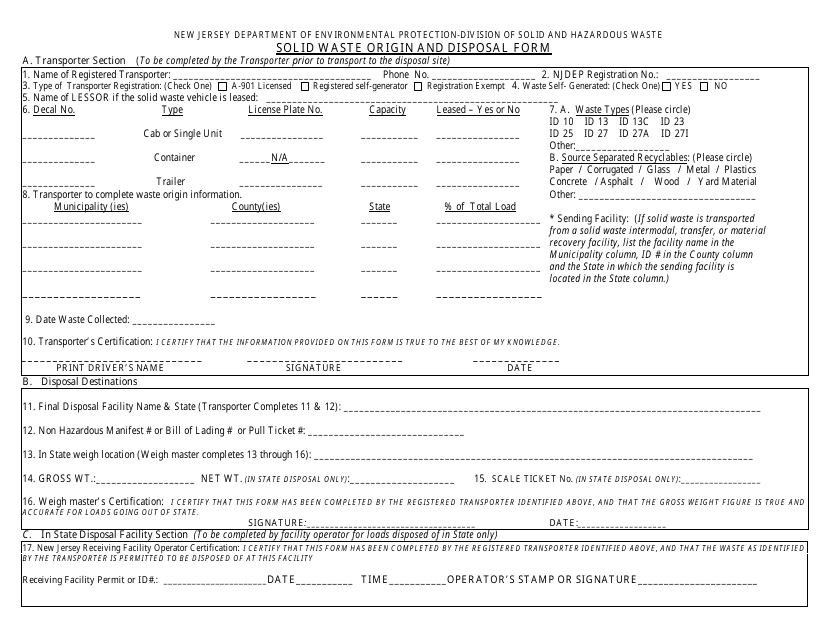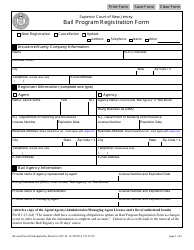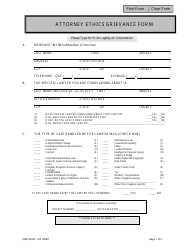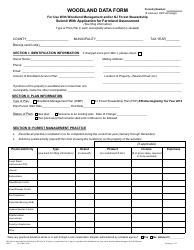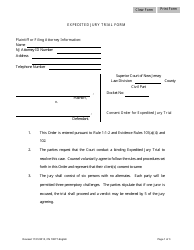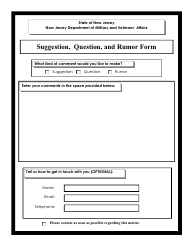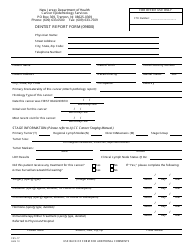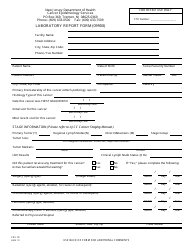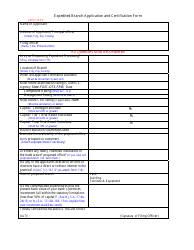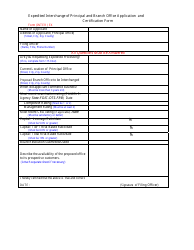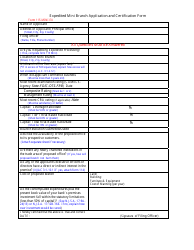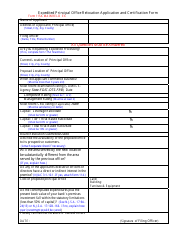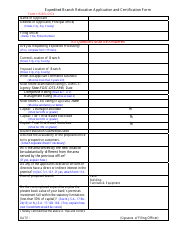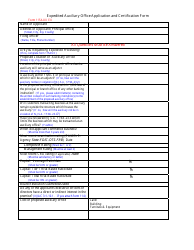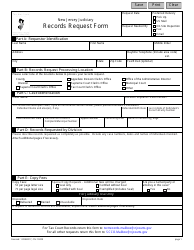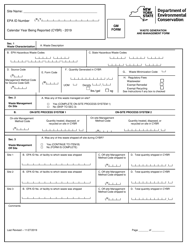Solid Waste Origin and Disposal Form - New Jersey
Solid Waste Origin and Disposal Form is a legal document that was released by the New Jersey Department of Environmental Protection - a government authority operating within New Jersey.
FAQ
Q: What is solid waste?
A: Solid waste refers to any unwanted or discarded materials that are not liquid or gas.
Q: How is solid waste generated?
A: Solid waste is generated from residential, commercial, and industrial activities.
Q: What are common sources of solid waste?
A: Common sources of solid waste include household trash, construction debris, and manufacturing waste.
Q: How is solid waste disposed of in New Jersey?
A: Solid waste in New Jersey is managed through a combination of recycling, waste-to-energy facilities, and landfill disposal.
Q: What is recycling?
A: Recycling is the process of collecting and reprocessing materials to create new products.
Q: What is a waste-to-energy facility?
A: A waste-to-energy facility is a facility that converts solid waste into energy through combustion or other processes.
Q: What is landfill disposal?
A: Landfill disposal is the process of burying solid waste in designated land areas called landfills.
Q: Are there regulations for solid waste management in New Jersey?
A: Yes, New Jersey has regulations in place to ensure proper management and disposal of solid waste to protect public health and the environment.
Q: What can individuals do to reduce solid waste?
A: Individuals can reduce solid waste by recycling, composting, and practicing waste reduction strategies such as using reusable products.
Q: How can I find information on solid waste disposal in my area?
A: You can contact your local municipality or waste management agency for information on solid waste disposal in your area.
Form Details:
- The latest edition currently provided by the New Jersey Department of Environmental Protection;
- Ready to use and print;
- Easy to customize;
- Compatible with most PDF-viewing applications;
- Fill out the form in our online filing application.
Download a printable version of the form by clicking the link below or browse more documents and templates provided by the New Jersey Department of Environmental Protection.
